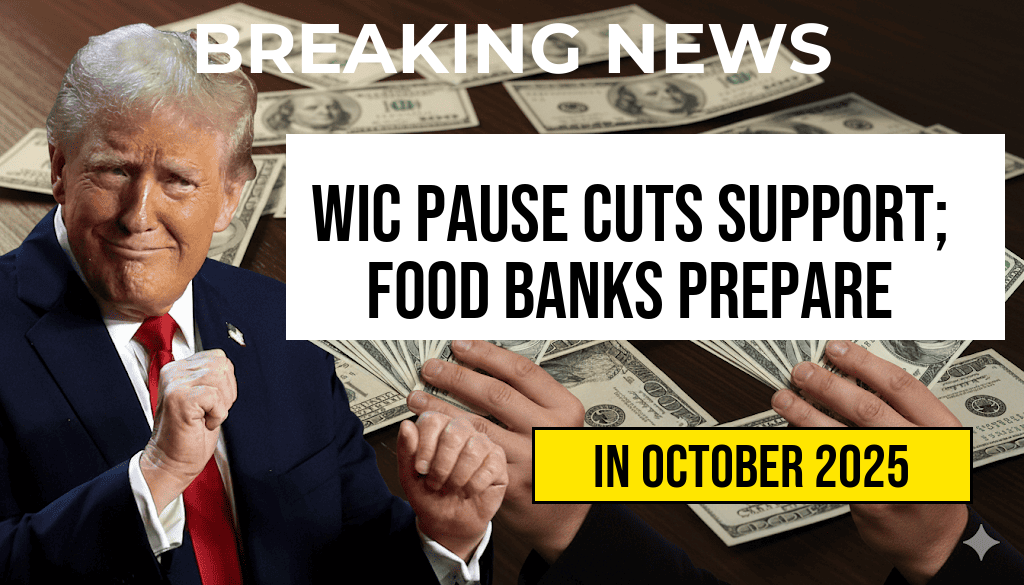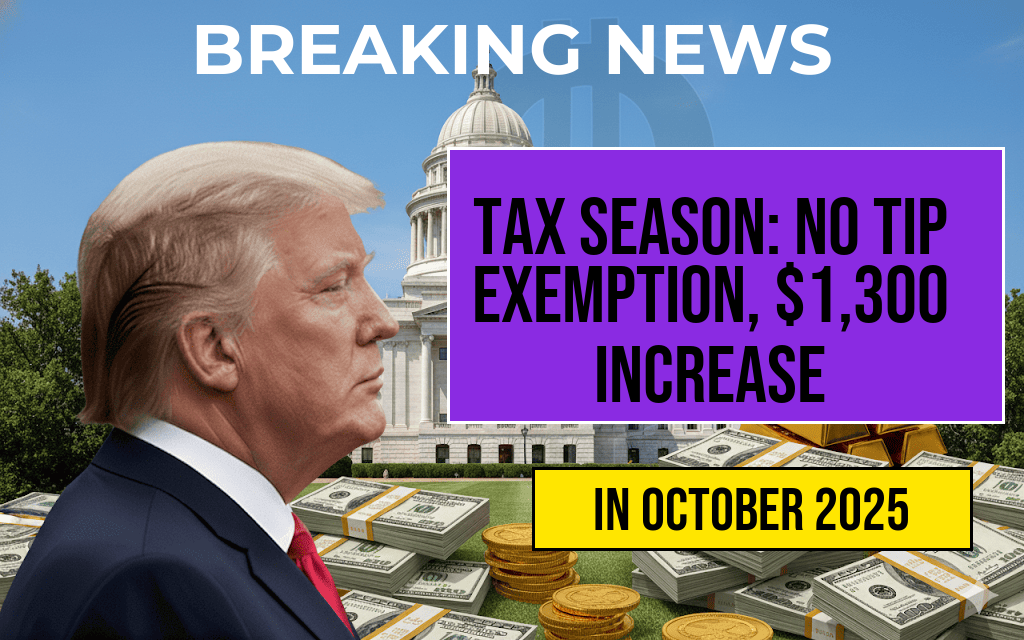The proposed suspension of the Women, Infants, and Children (WIC) program’s monthly support for breastfeeding families could lead to a significant financial strain on vulnerable households, with an estimated loss of approximately $52 per month per family. The potential policy change has already prompted concern among health advocates, who warn that it may hinder breastfeeding efforts and increase reliance on food banks and community resources. Food assistance organizations are mobilizing to address an anticipated surge in demand, while policymakers debate the program’s future amidst broader discussions about federal budget priorities and public health initiatives.
Understanding the WIC Program and Its Role in Supporting Breastfeeding Families
The WIC program, administered by the U.S. Department of Agriculture (USDA), provides nutritional assistance, education, and support services to low-income pregnant women, new mothers, infants, and young children. Established in 1972, WIC has become a vital resource for promoting healthy pregnancies and early childhood development. A key component of WIC’s offerings includes providing nutritious foods tailored to the needs of breastfeeding families, alongside counseling aimed at encouraging breastfeeding as the optimal feeding method for infants.
Under current policies, participating families receive monthly benefits to purchase specific foods, including dairy, grains, fruits, and vegetables. For breastfeeding mothers, WIC offers additional support such as breastfeeding supplies and educational resources. The program’s support has been linked to increased breastfeeding initiation and duration, positively impacting infant health outcomes and maternal well-being.
Details of the Proposed WIC Support Pause and Its Financial Impact
What the Policy Change Entails
The proposed pause in WIC’s supplementary support involves suspending the additional $52 monthly benefit allocated to breastfeeding families, citing budget constraints and the need to re-evaluate program funding. This temporary halt would reduce the overall assistance provided, potentially lasting several months until further review. The decision has been met with concern from health experts and advocacy groups, who argue that it undermines ongoing efforts to promote breastfeeding and improve infant nutrition.
Estimated Impact on Families
| Family Type | Current Monthly Support | Support After Pause | Monthly Loss |
|---|---|---|---|
| Breastfeeding Family | $52 (additional benefits) | None | $52 |
| Formula-feeding Family | Standard benefits | Standard benefits | None |
This reduction could disproportionately affect families relying on WIC benefits to offset the costs associated with breastfeeding supplies and nutritious foods. For many, the $52 monthly aid covers essentials such as breastfeeding pumps, nursing pads, and healthy foods that support both mother and child during the early months of development.
Responses from Health Advocates and Community Organizations
Health professionals and advocacy organizations have voiced strong opposition to the proposed pause. Dr. Lisa Martinez, a pediatric nutritionist, emphasized that “reducing support during such a critical window can undermine breastfeeding success rates and compromise infant health.” She added that “financial barriers often discourage exclusive breastfeeding, which is essential for optimal growth and immunity.”
Beyond health implications, community food banks are preparing for increased demand. According to Feeding America, food banks across the country are already experiencing heightened activity, and any additional strain could exacerbate food insecurity among low-income families.
Broader Policy Context and Future Outlook
Budget Discussions and Political Debates
The potential suspension of WIC benefits aligns with broader debates over federal spending priorities. Some policymakers argue that reallocating funds could address other pressing issues, while opponents contend that such cuts threaten public health gains. The Biden administration’s proposed budget has maintained support for nutrition programs, but the threat of budget sequestration and political negotiations looms large.
Expert Opinions and Recommendations
Experts urge policymakers to consider the long-term health savings associated with supporting breastfeeding and adequate nutrition. Investing in early childhood nutrition has been shown to reduce healthcare costs and improve educational outcomes later in life. Several organizations recommend strengthening, rather than reducing, support for vulnerable families to foster healthier communities.
Looking Ahead: Community Preparedness and Policy Implications
As discussions continue, local agencies and community groups are exploring strategies to mitigate the impact. These include increased outreach, resource sharing, and advocacy efforts aimed at safeguarding WIC benefits. The situation underscores the importance of maintaining robust support systems for families during critical developmental stages and highlights the ongoing need for policy stability in public health programs.
For more information on the WIC program and ongoing updates, visit the USDA WIC website and consult resources from the Wikipedia page on WIC.
Frequently Asked Questions
What is the impact of the WIC program pause on breastfeeding families?
The pause in the WIC program would result in a $52 monthly support reduction for breastfeeding families, potentially affecting their access to nutritional assistance and breastfeeding resources.
How will food banks prepare for the potential effects of the WIC program pause?
Food banks are preparing for increased demand and potential shortages by stockpiling supplies and coordinating with community partners to support families affected by the WIC program discontinuation.
Why is the WIC program important for breastfeeding families?
The WIC program provides nutritional support, education, and resources to breastfeeding families, helping promote healthy infant development and maternal health.
When is the WIC program expected to be paused, and how long will it last?
The duration of the WIC program pause has not been specified, but it is expected to have short- to medium-term impacts on families relying on WIC benefits.
What alternatives are available for families affected by the WIC program pause?
Families may seek assistance through local food banks, community resources, and other government aid programs to help compensate for the temporary loss of WIC benefits.






